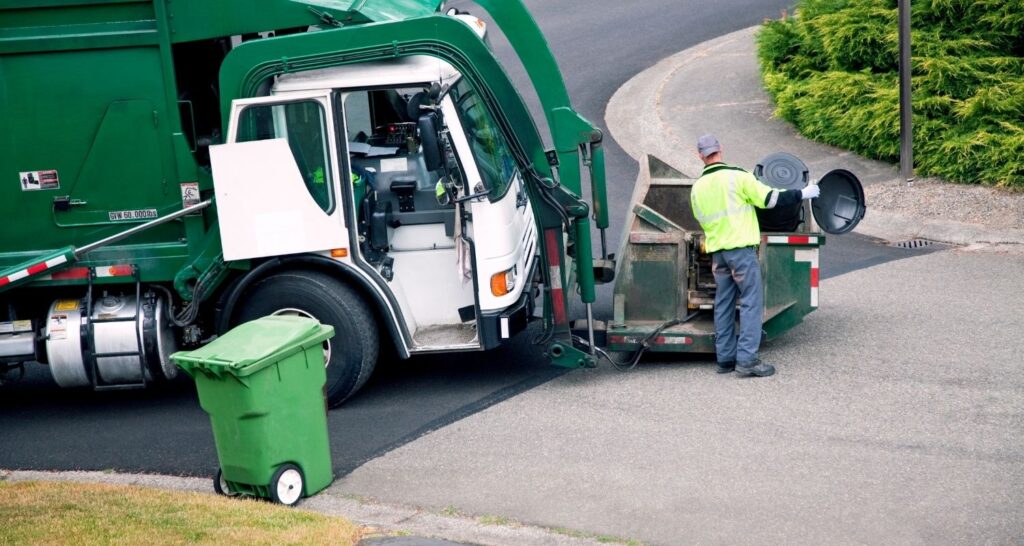
What exactly is waste management?
The term ‘Waste Management‘ refers to managing waste from its inception to its final disposal. Thus, as a single unit, it encompasses the processes of collection, disposal, and recycling, to which the processes of monitoring and regulation, respectively, belong, as well as the legal frameworks that allow waste management to occur.
Waste Management Types
- Landfills
- Incineration/Combustion
- Recycling and reusing
- Gasification of plasma
- Composting
- From Waste to Energy (Recover Energy)
- Avoidance/Reduction of Waste
Why Is Waste Management Necessary?
- It safeguards the environment.
- Recycling can help you earn money.
- All types of waste are reduced.
- It saves the environment and conserves energy.
Waste Management System Advantages
As previously stated, waste management entails collecting and disposing of both hazardous and non-hazardous wastes from all sectors of society. We will now look in-depth at the benefits of waste management or proper garbage disposal.
- This is very profitable practise
According to the Journal of Waste Management, waste management revenues will exceed $60 million this year. However, only a few people sincerely consider this as an industry into various aspects of waste management such as recycling and reusing, and reap the benefits.
Many companies are now eager to become involved in this industry and are prepared to make long-term investments.
- Maintains a clean and fresh environment
The most obvious benefit of waste management is that it keeps the environment clean and tidy. These waste disposal units also keep people healthy because all wastes generated are properly disposed of and handled.
A greater number of waste disposal units can be placed in all tier-1 and tier-2 cities to speed up the waste disposal process. Another point to consider is that this benefit can only be realized if extensive and proper safety measures and proper waste disposal techniques are implemented.
There is no point in implementing a half-baked technique that is ineffective for both people and the environment. This is one of the most beneficial effects of proper waste disposal.
- Saves the environment and saves energy
This waste management characteristic includes, in particular, the recycling aspect. Recycling waste helps to reduce the number of trees cut down, and this tree-cutting is primarily done for the production of paper. Though the paperless office is a new and widely practiced trend, we can save energy and reduce our consumption of earthly resources by recycling.
We can use recycled waste to make quality papers instead of relying on trees if we use this method. Furthermore, recycling requires only a small amount of energy for utilization and complete processing, and the end result is a renewable source of energy that is also environmentally friendly.
- Reduces pollution to the environment
As previously stated, proper waste management eliminates surrounding waste and reduces the intensity of greenhouse gases such as methane and carbon monoxide emitted by waste accumulation.
gases such as methane and carbon monoxide emitted by waste accumulation.
The depth of existing landfills and incineration will be reduced, reducing the harmful factors affecting the environment.
- Waste management will assist you in earning money
Waste management can earn you a few extra dollars each month, and numerous companies will pay you for your waste.
All types of waste are collected and paid for, from old and used bottles to tin cans and e-waste. These wastes are then classified based on the amount of pollution they cause the environment, and they are recycled for a variety of purposes.
There are also crash courses available to assist you in reusing your trash. Above all, by using this method, you can raise awareness among your peers while earning money, which is a win-win situation.
- It generates employment
You may even wonder how this is possible. However, a significant amount of labour is required in all aspects of waste management. Every stage of the process, from collection to segregation, necessitates the use of labour, and as a result, a large number of job opportunities are created.


